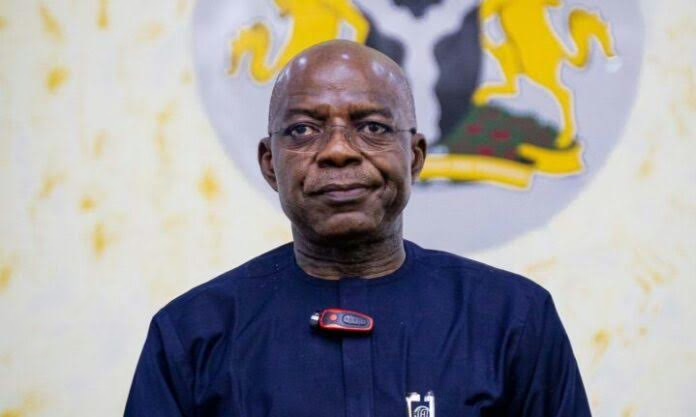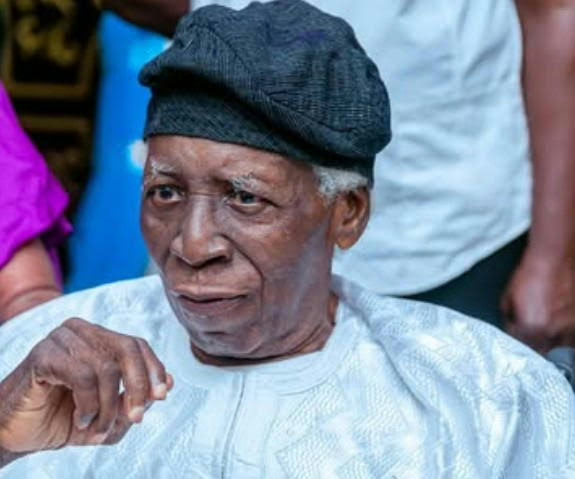Amid a growing global push to abolish the death penalty, the Deputy Speaker of the House of Representatives, Benjamin Kalu, says the National Assembly will dialogue on whether or not the death penalty should be abolished in the nation’s criminal justice system.
Speaking during a courtesy visit by a delegation from the Death Penalty Project, led by officials from the British High Commission at his office in Abuja on Thursday evening, the Deputy Speaker emphasised the need for citizens’ input in deciding on the controversial issue.
He noted that over 130 countries around the world have abolished the death penalty either in law or practice.
According to him, laws in the country have taken into cognisance the temperature of the environment, adding that the current legal framework allowed capital punishment for offences such as murder, armed robbery, and treason.
Kalu disclosed that the Constitution Review Committee which he chairs had examined the implications of the death penalty, considering not only the moral and ethical dimensions but also its practical effects on Nigerian society.
A statement issued on Friday by the Special Assistant to the Deputy Speaker on Print Affairs, Udora Orizu, quoted Kalu as saying, “Internationally, there is a growing trend toward the abolition of the death penalty, with over 130 countries having abolished it in law or practice.
“This shift reflects a global understanding that justice must incorporate rehabilitation and restorative practices rather than solely punitive measures.
“In November 2024, the UN General Assembly’s Third Committee approved a resolution for a global moratorium on executions, aiming for full abolition, which was adopted on December 17, 2024, marking the tenth resolution since 2007 advocating for a moratorium, with support increasing from 104 states in 2007 to 130 in 2024, while opposition has declined.
“Notably, Nigeria abstained from the recent vote among 22 abstaining states. This trend indicates a strong movement towards the universal abolition of the death penalty. Within the African Union, 48 of 55 countries are now abolitionists in law or practice, with only Egypt and Somalia carrying out executions in 2023.
While noting that there was no proposed legislation before the 10th House on the subject matter, Kalu expressed the readiness of the Green Chamber to kickstart a deliberation as soon as possible.
The Deputy Speaker however noted that as further discussions are held, the goal is not to diminish the seriousness of capital offences but to create a justice system that is equitable, effective, and respectful of human rights.
The death penalty also known as capital punishment has been abolished in some African countries including Rwanda (2007), Burundi (2009), Togo (2009), Gabon (2010), Benin Republic (2012), Chad (2020) and Sierra Leone (2021), among others.
Although, there has been a voluntary moratorium (temporary prohibition) on executions since 2014; the death penalty is still legal in Nigeria.












Leave a Reply